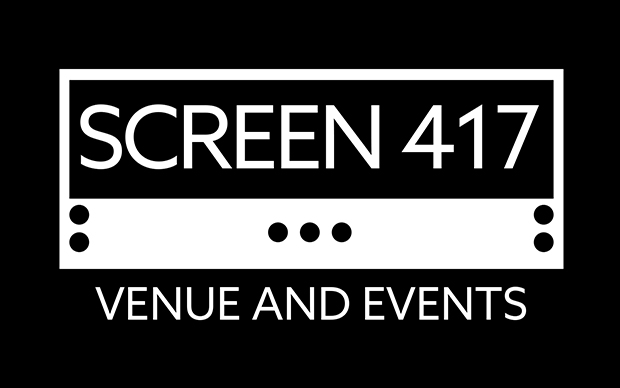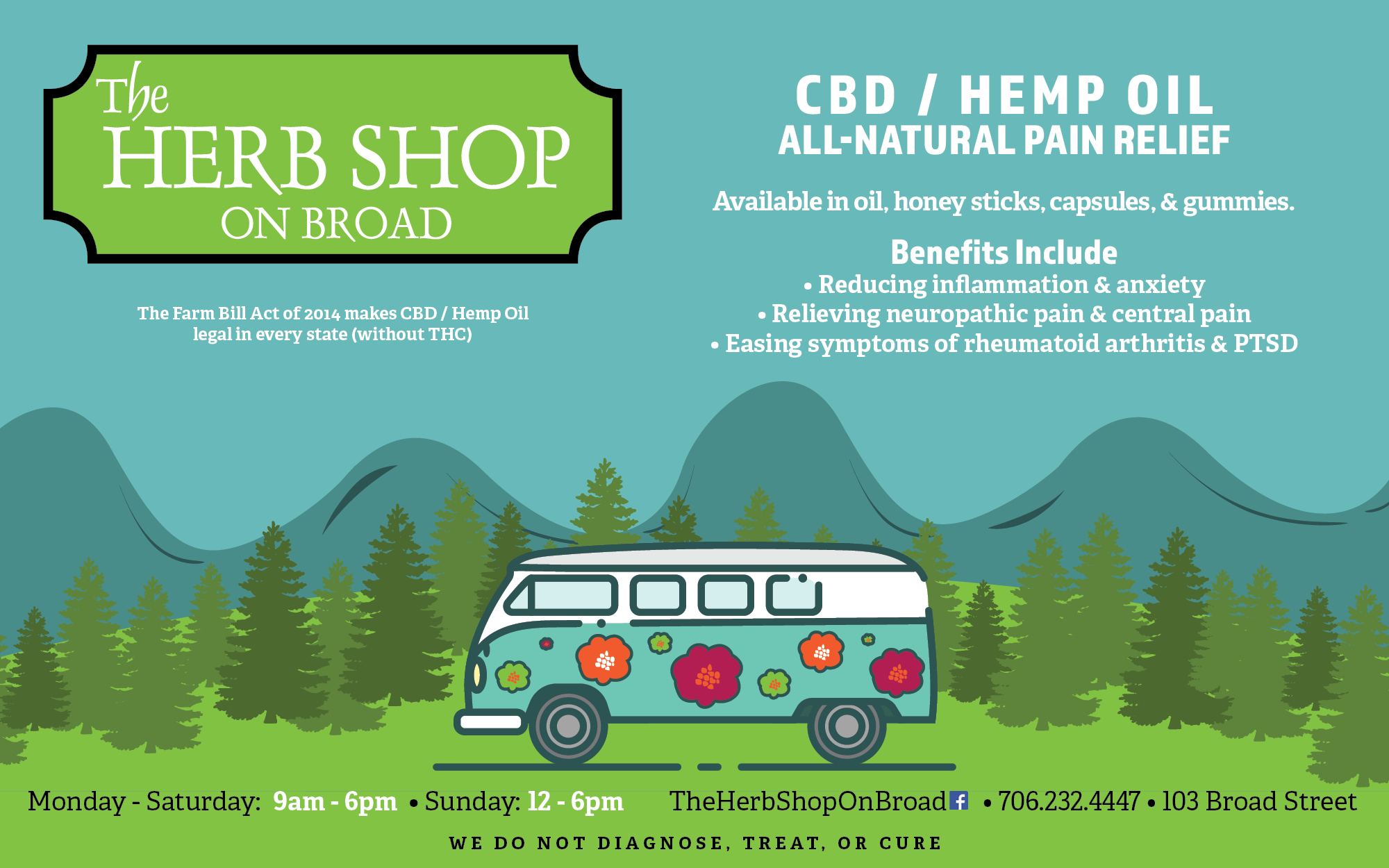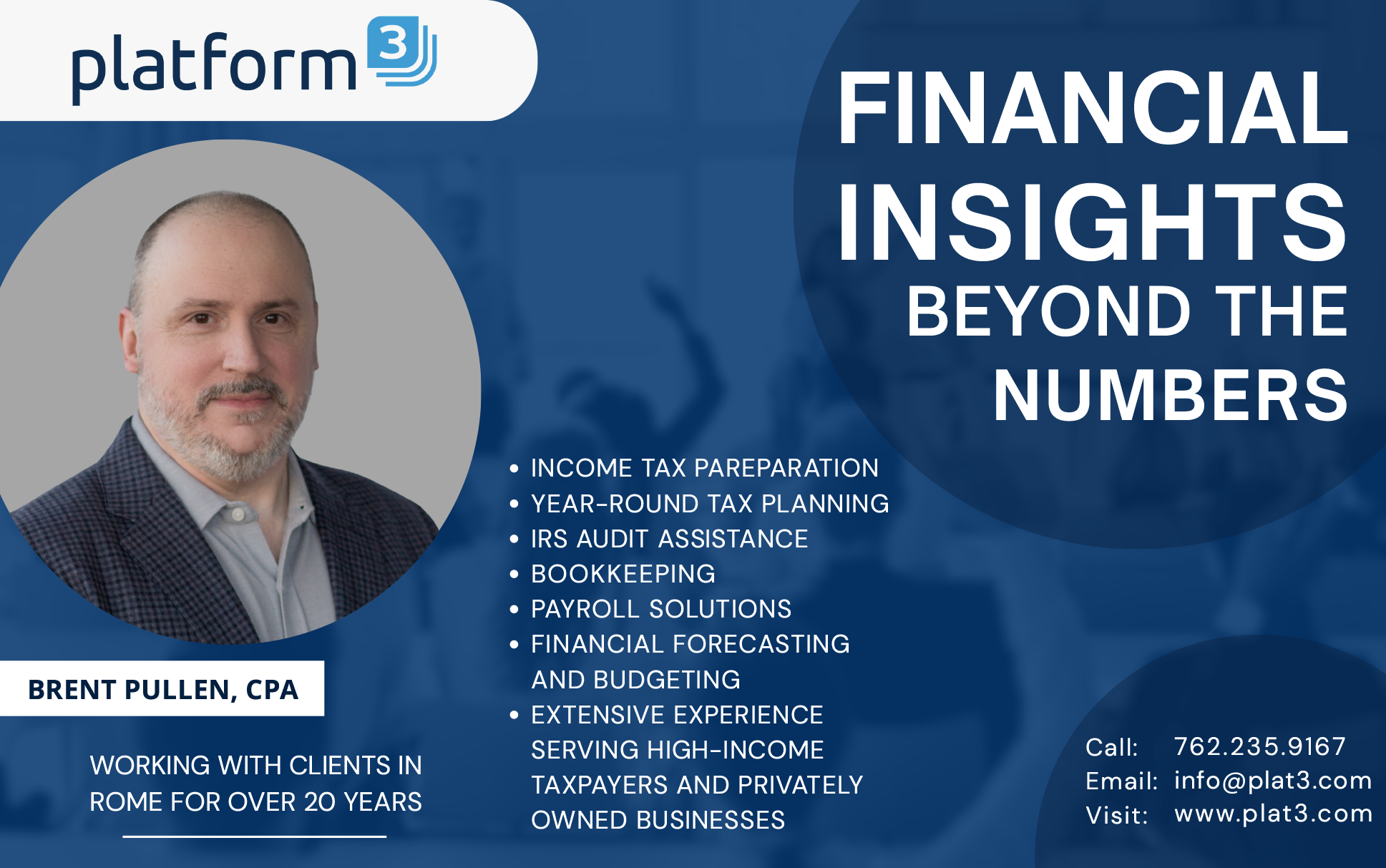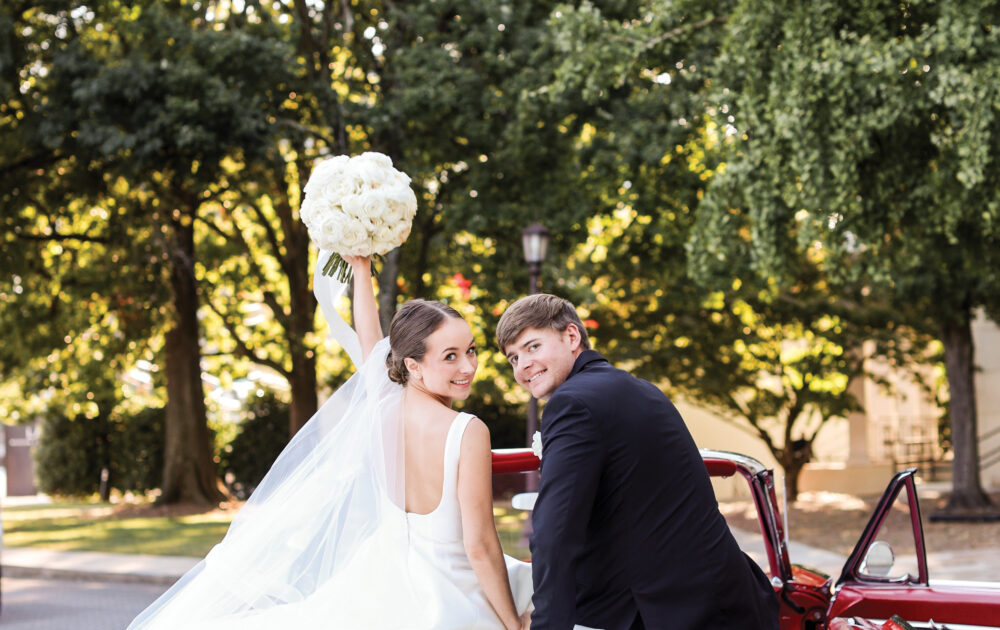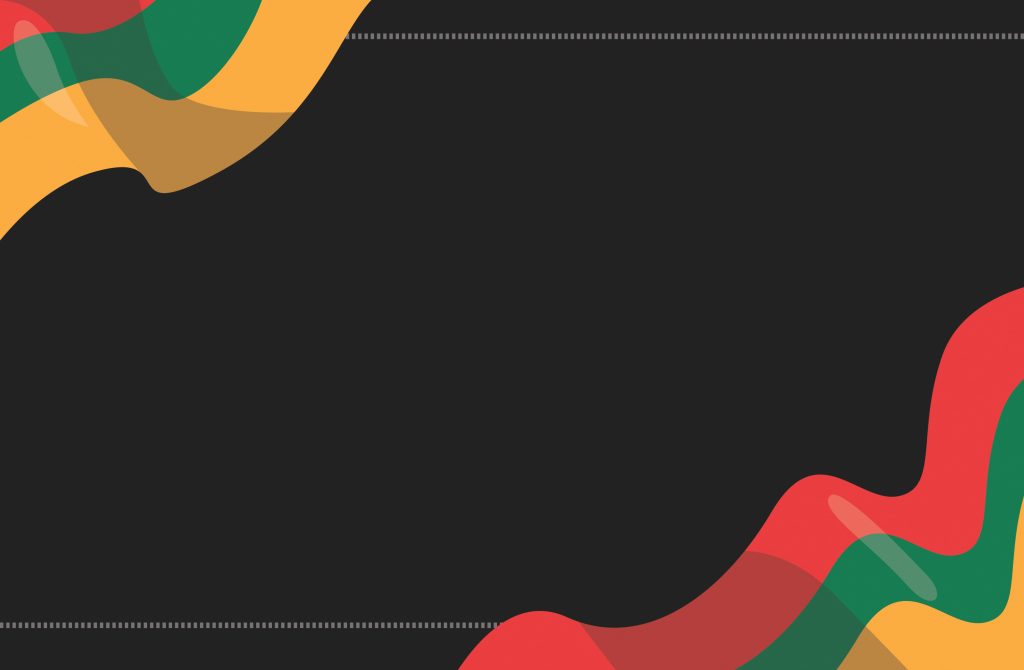
Juneteenth
On July 4th, 1776, America adopted the Declaration of Independence and declared itself free from Britain, and since that time, we as Americans have celebrated our freedom. The 4th of July as we know it was not a federal holiday until 1941. What has that to do with Juneteenth? Everything!
On July the 4th, 1776, the signers of the Declaration of Independence and most white Americans willingly participated in the massive denial of that freedom to more than 10 million people. This was hypocrisy on a scale that is unmatched—declaring themselves free on one hand, and actively practicing slavery on the other hand. If we are honest, the 4th of July was the celebration of white people gaining their freedom from other white people. It was never meant for people that look like me.
Declaring herself free from tyranny, America had been practicing chattel slavery for 165 years at that time. America would continue to practice the “peculiar institution” for another 87 years before the signing of the Emancipation Proclamation on January 1, 1863.
Allow me to digress to memories of my childhood and my relationship to the 4th of July. I have very fond memories of my family’s celebration on the 4th of July. There were barbecues at James “Sloppy” Floyd Lake in Summerville, Georgia. There were family picnics in Farrell, Alabama, with fireworks by my uncle and church picnics with family and friends. The Fourth of July was always a day of celebration for me as a child and for most of my young adult life. We grew up! Just like we realize that Santa Claus, the Easter Bunny, and the Tooth Fairy are all lies, ok, made up. So is and was the 4th of July for slaves and their descendants. On July 5th,1852, Frederick Douglass gave a speech titled, “What to the Slave is the Fourth of July.” Douglass recognized the hypocrisy of the holiday as it related to slaves.
I was in my mid-20s when I read Douglass’s speech. The reading of that speech brought about a sense of what W.E.B. DuBois called Double Consciousness. On one hand I am celebrating like everyone else the freedom of America, but on the other hand, there is this truth that I am celebrating the freedom of one group of white people from another group of white people. People that looked like me may have been allowed the day off from picking cotton, being sold, raped and beaten.
In 1941 African Americans were living under “Jim Crow” laws. These laws were put in place after the 13th amendment and continued until approximately 1965. While African Americans were suffering at the hands of mobs, being lynching, denied equal justice under the law, Americans see fit to make the 4th of July a federal holiday.
So, what is Juneteenth? As the story goes, more than two and half years after the Emancipation Proclamation was signed, slavery was still being practiced in Galveston, Texas. In fact, some slaveholders from other areas moved to Texas as they saw it as a haven for slavery. It was on June 19th, 1865, that Union soldiers announced to more than 250,000 slaves that they were free. The next year some freedmen from Texas organized the first anniversary with Jubilee Day. Since that time, some form of celebrating Juneteenth has existed, making it one of America’s oldest celebrated days.
While I am happy to see the holiday officially recognized on the federal level, I can’t help but feel like it was done as a means to pacify African Americans. Over the last several years with the killing of Black children, women, and men unarmed by the police, and the political climate in which people can traffic in racist jargon and tropes and get elected, this is on some level disingenuous. If it was up to the people of the 14th district, would they have voted for Juneteenth as a federal or even a state holiday? It is hard for me to believe that they would. In the movie The Tuskegee Airmen, Colonel Benjamin Davis, Jr., says, “How do I feel about my country, and how does my country feel about me?” The jury is still out. However, when your neighbor consistently votes for people spreading false conspiracy theories, supporting hate speech, and accepting false narratives, it makes it so hard to believe they really support your freedom. Juneteenth is now a federal holiday and in time I hope we all can celebrate it in spirit and in truth.
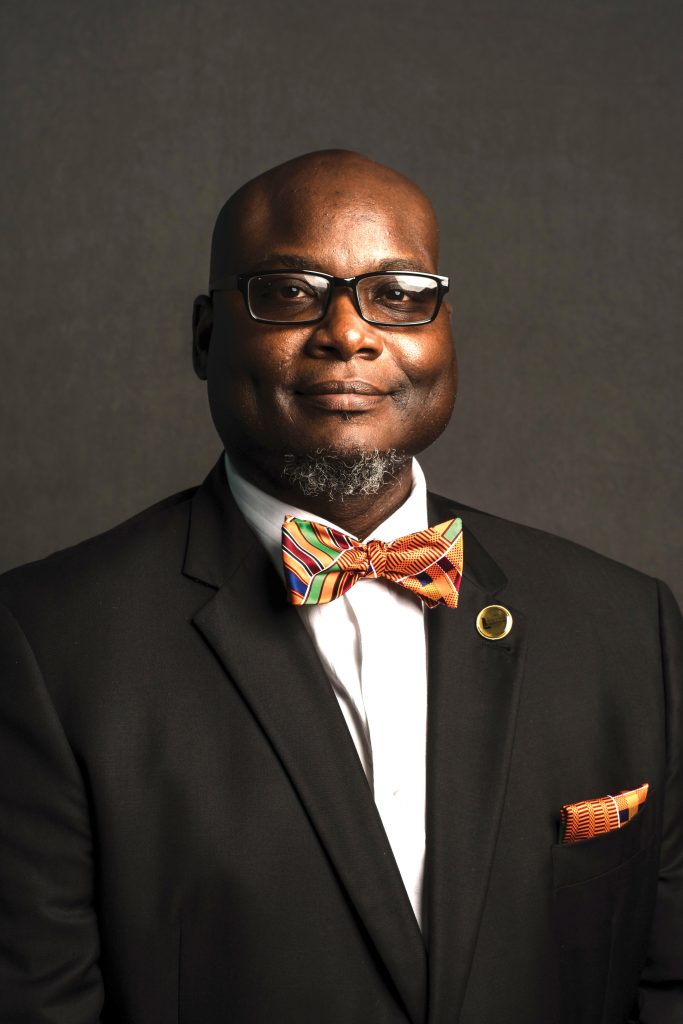
Gregory L. Shropshire
In the military, I learned to always have a solution to my problem. It might not always be the best solution, but always have one. Here are a few suggestions that I have.
- Get some black friends. How do you celebrate the freedom of Black people if you have no real Black friends, and lack authentic interactions on a regular Basis with Black people? A simple non-scientific test you can take. Ask yourself this question: have you had a Black person over to your house for dinner not related to an event? If you have not, you might want to explore why you have not invited anyone Black into your sacred personal space. Cultivate relationships with Black people beyond work relationships. Actively seek out a relationship.
- Intentionally learn more about the Black experience in America. This is extremely easy to do nowadays with technology. I personally recommend reading or listening to books about the Black experience. You could also join an African American-centered book club. Reach out to me or others. I will be glad to read and discuss a book with you.
- Join a multiracial organization and dig in. Get involved with the community on a multiracial level.
- Patronize black-owned businesses.
- Stop church segregation. Periodically attend other worship services where everyone doesn’t look like you.
- Stop allowing people to tell racial jokes in your presence.
- Hold elected officials accountable if they are trafficking in racial dog whistle. We can disagree on how to solve the problem without fear tactics and division.
- Support black organizations.
We are fortunate in Rome to have quite a few Black organizations with a long track record of doing good work in the community.
Frederick Douglass’s speech “What to the Slave Is the Fourth of July?” was written and delivered at a time when Douglass himself was an escaped slave. The Fugitive Slave Law which existed in the North as well as the South made him a target to be caught and returned into slavery. Read his speech, or listen to one of the many performed versions on the internet by fine actors like James Earl Jones and Danny Glover. That would be an excellent way to acknowledge the Juneteenth holiday. As you read, or listen, consider this. Why does this speech still resonate today—170 years later?


